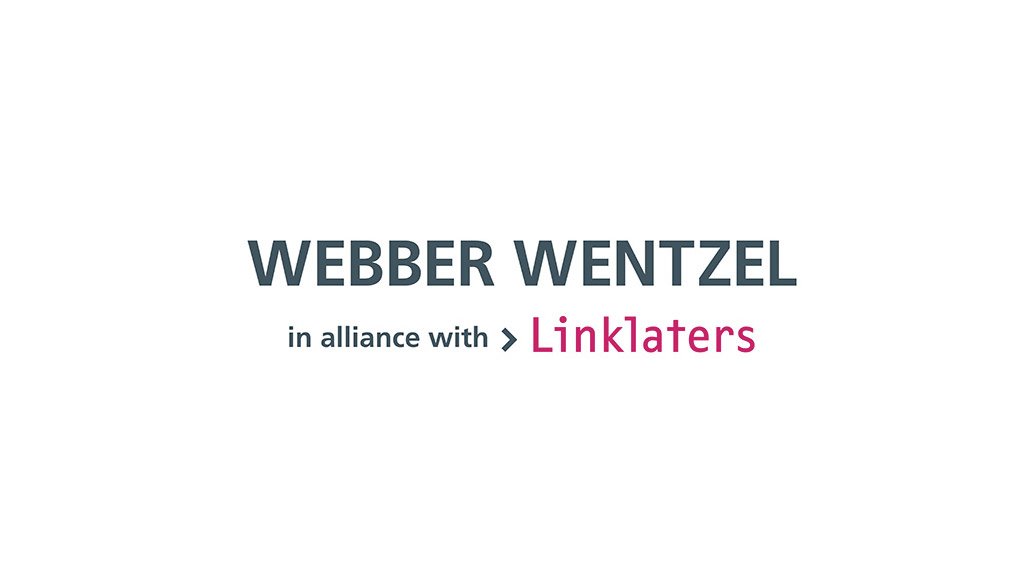The National Minimum Wage Act 9 of 2018 (NMWA) came into operation on 1 January 2019. The Minister of Labour also released the National Minimum Wage Regulations, 2018 (Regulations) which came into operation on 1 January 2019.
The Regulations provide information on the criteria to be met and process to be followed by any employer wishing to be exempted from the national minimum wage. The national minimum wage figures as they currently stand are:
All workers Farm workers only Domestic workers only
ZAR 20 per hour ZAR 18 per hour ZAR 15 per hour
The national minimum wage figures reflected above will remain in force for the next two years (i.e. until December 2020). In January 2021, the Minister of Labour will announce whether the national minimum wage will be adjusted in any way.
Exemption process
Section 15 of the NMWA, read together with the Regulations, provides an exemption process for employers. The exemption process is specifically created for employers who can show that they cannot afford to pay the national minimum wage to workers. An exemption will only be granted if the following criteria are satisfied by the applicant employer:
- the employer cannot afford to pay the national minimum wage; and
- representative trade union(s) of the workers have been meaningfully consulted or, if there are no trade union(s), the affected workers have been meaningfully consulted.
To assess affordability, elements of profitability, liquidity and solvency are taken into account. The decision-making process is rigorous and employers will need to ensure that they submit comprehensive financial and organisational information when applying for exemptions.
No exemption may be granted where the wage is below the following wage thresholds:
- 90% of the national minimum wage in respect of workers other than farm workers and domestic workers;
- 90% of the national minimum wage in respect of farm workers; or
- 90% of the national minimum wage of domestic workers.
The nature of exemptions will therefore be limited as follows -
Category All workers Farm workers only Domestic workers only
National Minimum Wage ZAR 20 per hour ZAR 18 per hour ZAR 15 per hour
Min wage after exemption granted ZAR 18 per hour ZAR 16.20 per hour ZAR 13.50 per hour
The table above illustrates that it is not possible for an employer to be exempt from the national minimum wage by a large amount. It is essentially only possible for an employer to obtain a 10% decrease (as a maximum) in the national minimum wage through the exemption process.
If successful, the employer will be provided with an exemption notice which will contain the following information:
- the period of exemption;
- the wage(s) that the employer is required to pay workers; and
- any other relevant condition.
If unsuccessful, the employer will also be provided an exemption notice which will contain reasons for the refusal.
The exemption process is managed by the Department of Labour through an online system called the National Minimum Wage Exemption System. In order to apply for an exemption, important information is set out below.
Website: National Minimum Wage Exemption System (www.nmw.labour.gov.za)
Online Application Form: Employers will need to complete an online application form (employer particulars, employment details and financial information)
Financial information: Business or organisation – full financial statements of the business for three years (current year predictions and previous two years) and any other relevant information. Household – details of annual household income and expenditure and any other relevant information
Period of exemption (if granted): Maximum period of one year
Issued by Webber Wentzel
EMAIL THIS ARTICLE SAVE THIS ARTICLE ARTICLE ENQUIRY
To subscribe email subscriptions@creamermedia.co.za or click here
To advertise email advertising@creamermedia.co.za or click here











